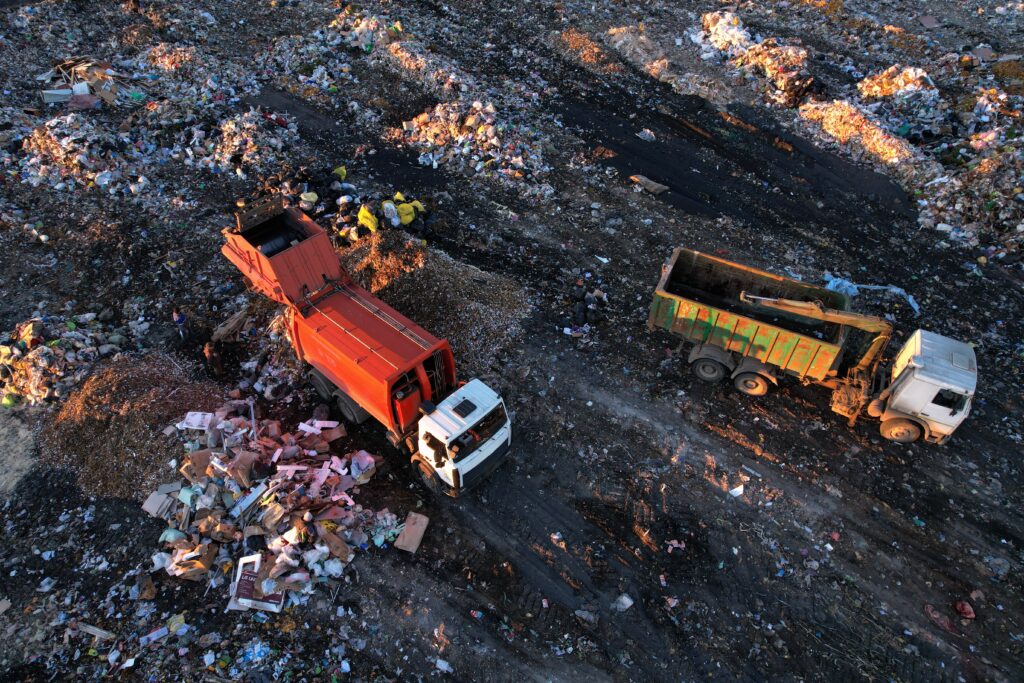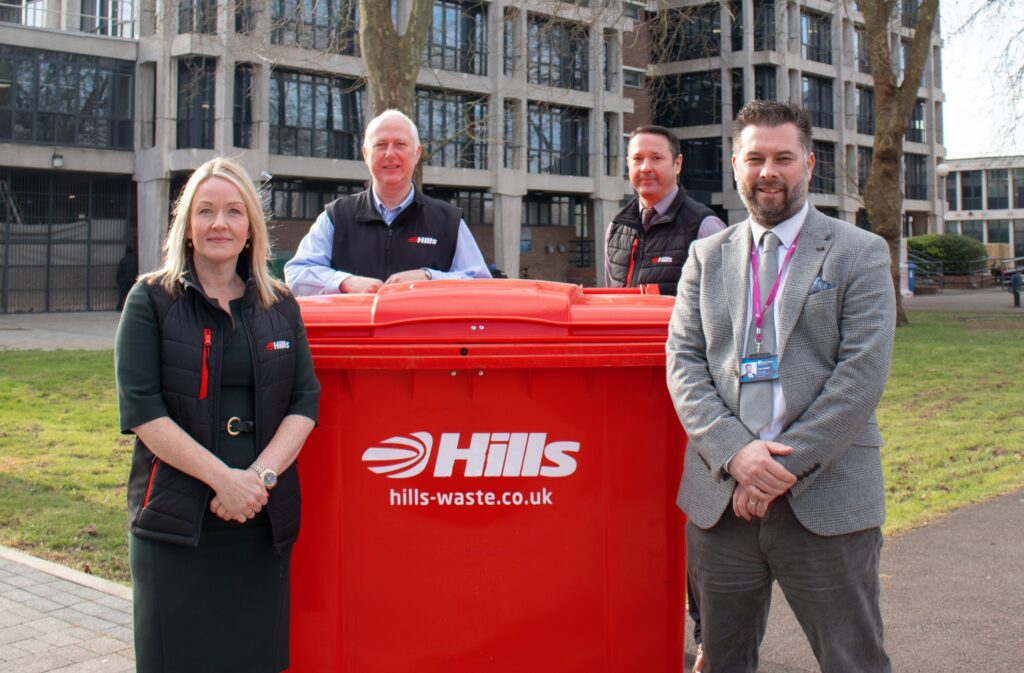This agreement is a collaborative effort between NHS Shared Business Services and NHS trusts in Bolton, Greater Manchester and Pennine Care across Manchester and Derby.
The tender seeks to give NHS organisations and the public sector access to “carefully vetted vendors” in waste management.
Through this framework the NHS aims to eliminate, reuse and process waste in a “cost-effective and sustainable manner,” with an aim to reduce carbon emissions associated with waste management by 80% before 2032.
The framework has an array of suppliers including: Suez Recycling and Recovery UK, Greenzone, Bagnall & Morris, Keenan Recycling, Biffa Waste Services, Mitie Waste and Environmental Services, Bywaters (Leyton), Ricardo-AEA Ltd, SRCL Ltd T/A Stericycle, Globechain, Ramco Sust-N , Grundon Waste Management, and Veolia ES.
The Sustainable Healthcare Recycling & Waste Management framework agreement covers a wide range of services, such as recycling and waste consultancy, sustainable asset management, clinical healthcare waste, food recycling management, and hazardous waste, among others.
‘Focal objective’
Emma Clyne, NHS SBS principal category manager – estates and facilities, said: “Sustainability in healthcare waste management has moved from a ‘nice to have’ position, to a focal objective where trusts will be required to undertake work to implement the new guidance.
“For context, the clinical waste strategy says that every year, NHS providers produce approximately 156,000 tonnes of clinical waste – equivalent to over 400 loaded jumbo jets of waste – that is either sent to high temperature incineration or for alternative treatment. This has a significant environmental impact and is associated with high running costs and carbon emissions.”
Benefits
The NHS says that key benefits of the framework agreement include the ability to make direct awards or run mini-competitions, dedicated support, a focus on quality-of-service provision, and the flexibility to embed established practices to align with internal governance.
Moreover, it ensures competitive pricing with structured and controlled price review provisions from year 2 onwards to provide cost certainty.









Subscribe for free